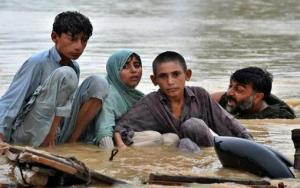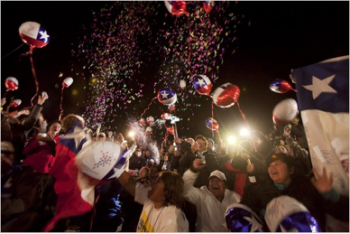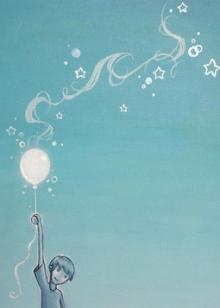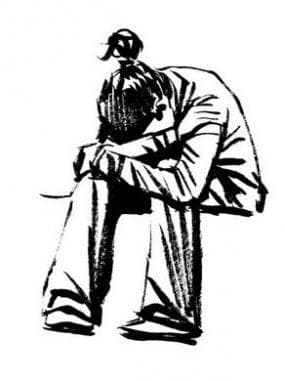Hope not hopeless
- Written by
- Charlie Hulme
- Added
- April 03, 2012
Hope springs eternal in the human breast; man never is, but always to be blest.
Alexander Pope.
 View original image
View original image
There are countless examples throughout history, but if we ever needed contemporary proof that our natural response to human suffering is not measured or proportional it happened over the space of just a few weeks in 2010.
The United Nations rated the floods in Pakistan as the greatest humanitarian crisis in recent history. More people were affected than the 2004 South East Asian tsunami and the earthquakes in both Kashmir and Haiti combined.
 View original image
View original image
Hope.
What little coverage the flood in Pakistan did receive focused on the overwhelming scale of faceless despair. There was no sense anything could be done; the victims were doomed. We looked away with a familiar feeling of resigned hopelessness.
Contrast that with the sense of drama with which we avidly followed the minute-by-minute coverage of the Chilean miners. Their plight wasn’t a ‘story’ when they were simply trapped, but the moment a probe found they were still alive it was an international sensation. For 52 days we were gripped with the cliffhanger suspense: the first handwritten note from a borehole, the messages of love to their families, endless theories of rescue scenarios.

(A few weeks later 29 miners in New Zealand died anonymously.)
Hope mirrors our desire and we actively seek it. Despair mirrors our worst fears and we do all we can to hide from it.
There is a clear takeaway for us here – focus on what can be done and people take action; focus on can’t and asking for help seems pointless.
If our story’s main focus is on the problem then people are left with the feeling that there’s nothing they can do. If we place our greatest emphasis on the solution we’re giving them a clear, achievable goal and the ‘warm glow’ that comes from feeling they can make a difference.

The moral implications of why we respond to hope and not to despair matters less to us as fundraisers than accepting the fact that we do. As the comedian and satirist Lenny Bruce said, ‘There is no what should be, there is only what is.’
There’s an ironic flip side of our inertia in the face of large numbers, which we’ll look at next time.
There is hope…

















